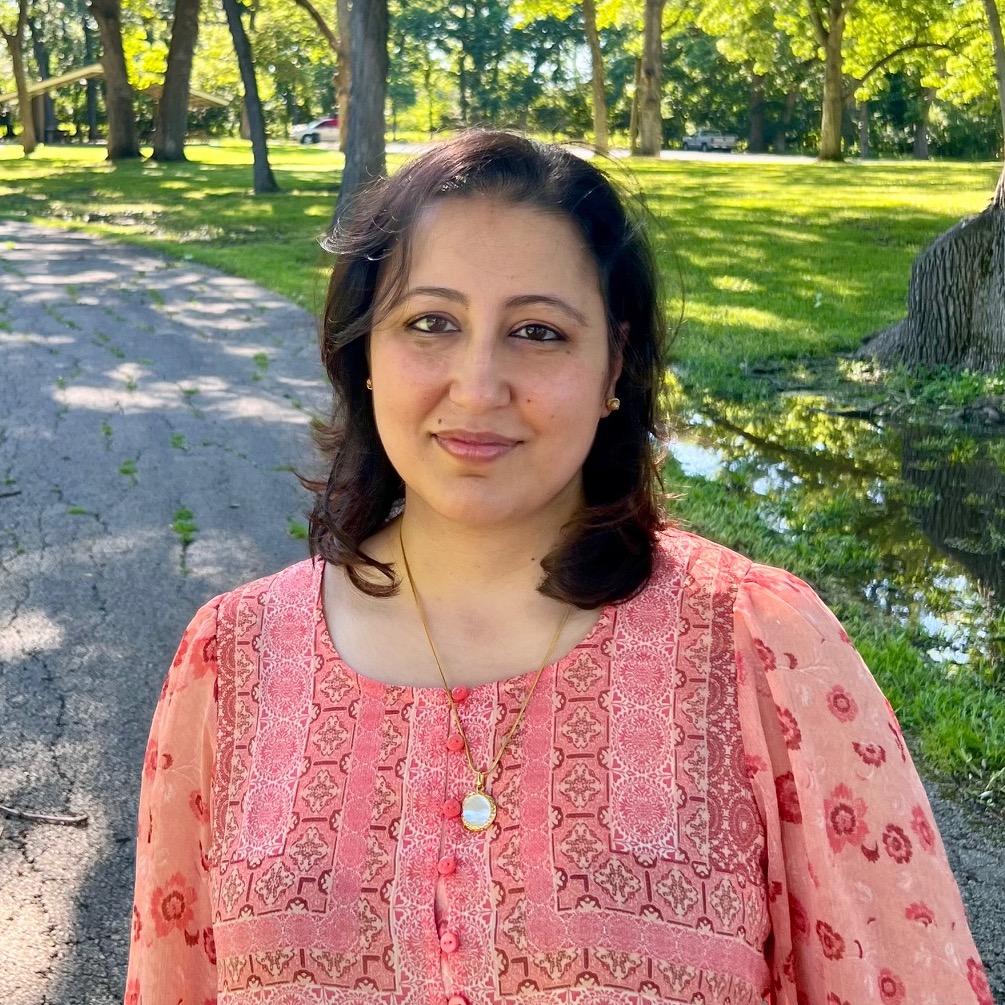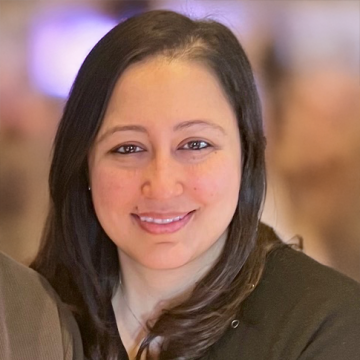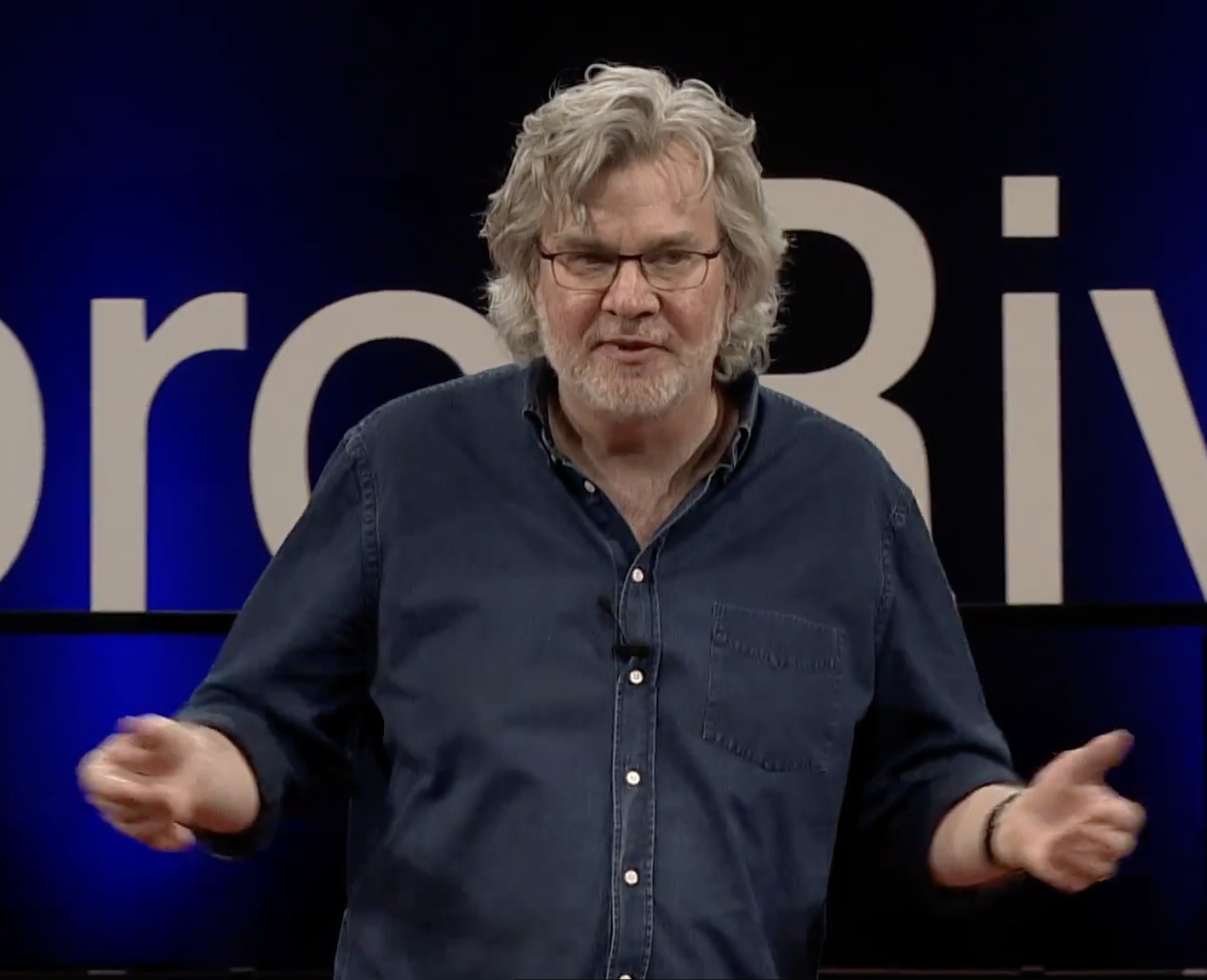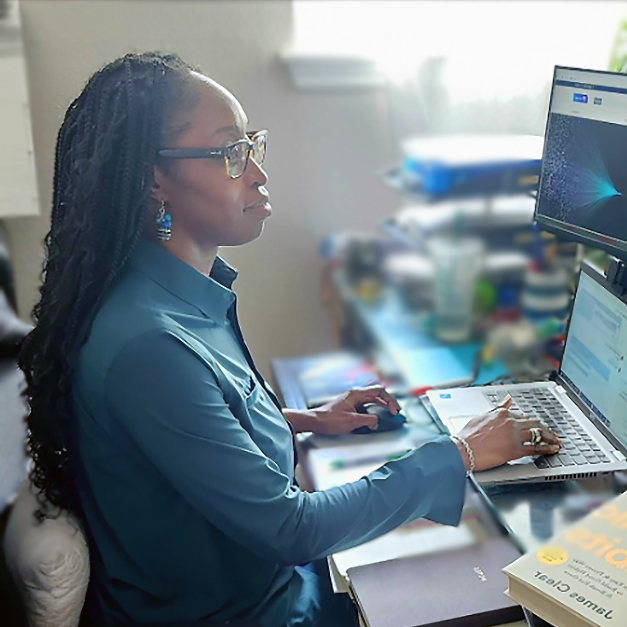UChicago’s certificate program gives a physician the tools to convert medical knowledge into compelling content.
Vishwani Sahai’s path to medical writing emerged during a formative phase of professional reinvention. As a psychiatrist with residency and fellowship training, and clinical experience in community hospitals, she had initially envisioned a traditional practice. But after moving to Chicago, she began to rethink her priorities as she sought a career path that would better align with her family commitments.
“I wanted flexibility,” Sahai explains. “I started to look into various possibilities online and I searched for what options physicians have that are nonclinical.”
That search led her to medical writing—a field that resonated with talents she’d possessed since childhood. “Ever since I was in elementary school, I’ve always been praised for my writing skills, and I enjoyed it. I thought, if I can combine the passion with the dream, I can do something that I love.”
After researching several programs across the country, UChicago’s Medical Writing and Editing certificate program stood out—initially for a surprisingly simple reason. “The very first thing that attracted me was that people replied to my emails promptly,” she says. “It sounds minor, but it spoke volumes about the program.”
The courses offered practical skills beyond her medical training. Classes on medical copyediting and biostatistics were particularly illuminating. “Technical details like creating graphs, tables, and adhering strictly to AMA style guidelines—these are skills that aren’t typically covered in medical school,” she emphasizes.
With courses meeting one evening per week and assignments she could complete during evenings and weekends, Sahai found the workload challenging but manageable—especially compared to the rigors of medical school and residency training.
An elective course on freelancing transformed her professional outlook entirely. “Genevieve Walker, the instructor, broke down everything—from leveraging LinkedIn to building a personal website and establishing a professional brand,” Sahai notes. These lessons gave her the confidence to launch her freelance writing career shortly after finishing the program.
Her involvement with the program extended beyond coursework when Sahai joined the Student Advisory Board (SAB) in a role that connected her passion for mentorship with networking opportunities. The SAB serves as a vital platform for students to collaborate with faculty and staff while shaping the future of UChicago’s programs. The position even gave her the opportunity to lead a webinar on work-life balance, sharing insights from her personal experience with fellow professionals. “I try to spread the word that career pivots are possible even though they might seem daunting at first,” she says. “You’re not alone if you are considering a career change.”
Today, Sahai writes for Behavioral Health News, focusing on mental health topics—particularly stigma in the South Asian community. She also works as a freelance mental health writer for Therapie SEO, where she writes PR pitches for news outlets like Newsweek, WebMD, and Parents. “Coming from the South Asian community and being a psychiatrist, I notice a significant amount of stigma in mental health,” she says. “For me, it was about raising awareness about what mental health is and why it’s important.”
She recently completed an eight-article series on hazing and its impact on mental health and is now working on a ten-part series about South Asians and mental illness. Her freelance work includes writing pitches on various mental health topics, from seasonal affective disorder to anxiety in relationships.
Her message to physicians considering a similar path comes unvarnished: medical writing offers a meaningful alternative to a healthcare system that increasingly leads to burnout. “Physicians often face ethical conflicts with the healthcare system, and that’s a significant contributor to burnout,” she says.





